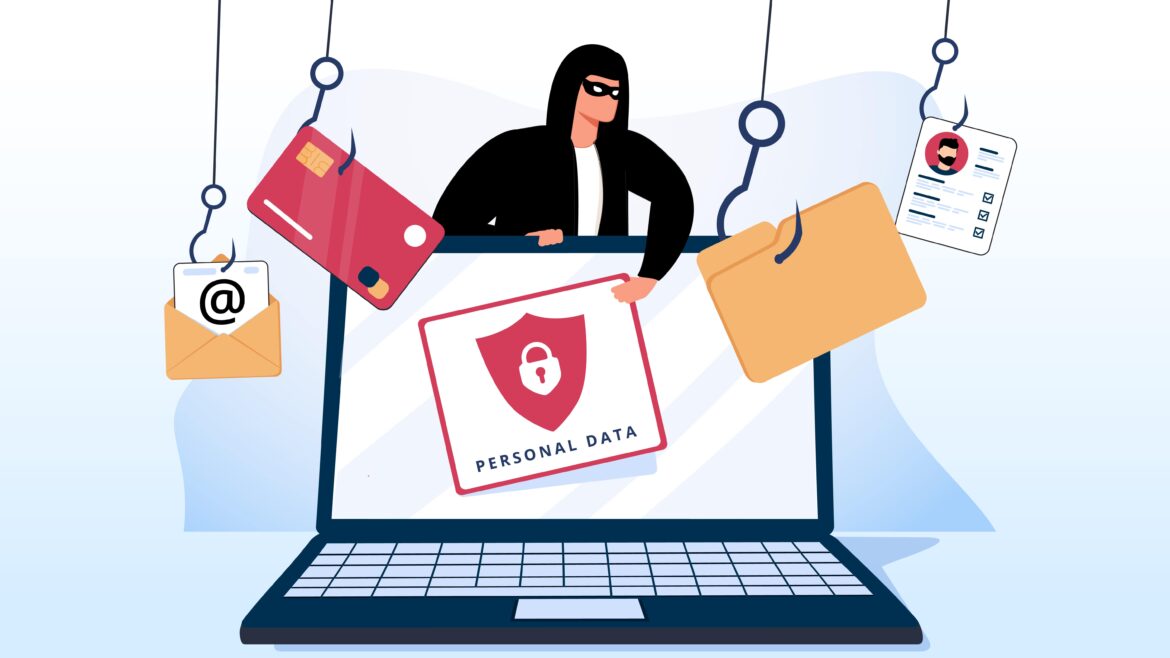In a post-Covid world, where consumers and members are used to not carrying cash and are instead using their debit and credit cards for most transactions, have you considered educating your members on types of fraud and how they are subjected to potential fraud with each transaction the credit union processes? Do you know what to share with your members to keep them aware and help ensure they do not become a victim of fraud?
Many credit unions might be nervous that talking about fraud frequently could cause alarm to their members if you are sending out mass notifications and that it could appear to cause harm to your credit union brand by members thinking you experience a lot of fraud. However, there is fraud, and it happens often. If you spin it to be about education and prevention, it can help protect your brand and your members’ finances.
So what do you need to know to help improve their fraud education and how they can protect themselves? Let’s get into the details.
Understanding the common fraud types
Some common fraud types are phishing, account takeover, and skimming. Let’s break these types down.
Phishing is a scam to trick consumers into providing personal information including card information. An example would be the consumers getting a phone call or a text message leading them to believe they are calling from their credit card company and then asking for the information. Once the information is provided to the fraudster, they then use the information to perform fraudulent transactions.
Account Takeover is when an unauthorized individual takes over someone else’s account without their knowledge.
Skimming is when a member’s card information gets stolen during a normal transaction and then is used to create a physical card or is used for fraudulent online transactions.
Fallback Fraud is when a terminal detects the chip as a failure and prompts to swipe the card to process it as a magstripe transaction.
Educating members on these fraud types so they are proactive
Let your consumers know that they are protected with all the tools the credit union has in place. This would be the fraud process you have set up with your card processor. However, taking it a step further and advising on a few other items could be beneficial in stopping fraud before it occurs. Some things to consider are:
- Beware of phishing scams. No credit union or financial institution will call and ask you for your personal information including your card number. Should your members encounter this type of situation, they should not provide any information to the person on the other end of the call.
- Inspect card readers and ATM/ITMs to ensure there is no evidence of tampering. This will help ensure there are no skimming devices that would retain their information for a fraudster and allow the card to be used without their knowledge.
- Protect computer and mobile devices. Malware can be placed on the devices without knowledge, and it will allow fraudsters to gain secure information and perform fraudulent transactions.
- Advise members to use transaction alerts. This will notify them right away of a transaction and allow them to stop additional fraud and contact their card provider or credit union to take further action.
- Advise members to monitor the pending transactions as well as their transaction history. Doing this in your mobile app or online banking will ensure you are staying on top of the funds in your account and actively monitoring what is being authorized or posted.
- Ensure your members have a way to turn off/on their cards. This will allow for added protection as when the card is in an off status, no transaction will be permitted.
When it comes to fallback fraud, that is something specific to the credit union. Members are not going to have a choice in this matter. With that said, since the chip has been around for a while now, is it time to consider turning this feature off at your ATMs? I know you can’t control external ATMs, however, if you turned this feature off on your machines it would stop any card with an invalid chip from being able to perform a transaction.
What should your members do if they are a victim of fraud?
If your member discovers they are a victim of fraud, we always recommend providing them with action items to help protect themselves from future fraudulent transactions. Below are some things for them to consider:
- They should contact their card processor immediately.
- Monitor all accounts and change account passwords.
- Depending on the type of fraud, they should potentially contact the credit reporting agencies to see if they can assist with fraud notification locks or alerts.
Educating and training your members on fraud prevention brings awareness to fraud types and could save them from sharing their personal private secure information. Taking these steps will help protect the members as well as your credit union along with building loyalty with your brand!

























































